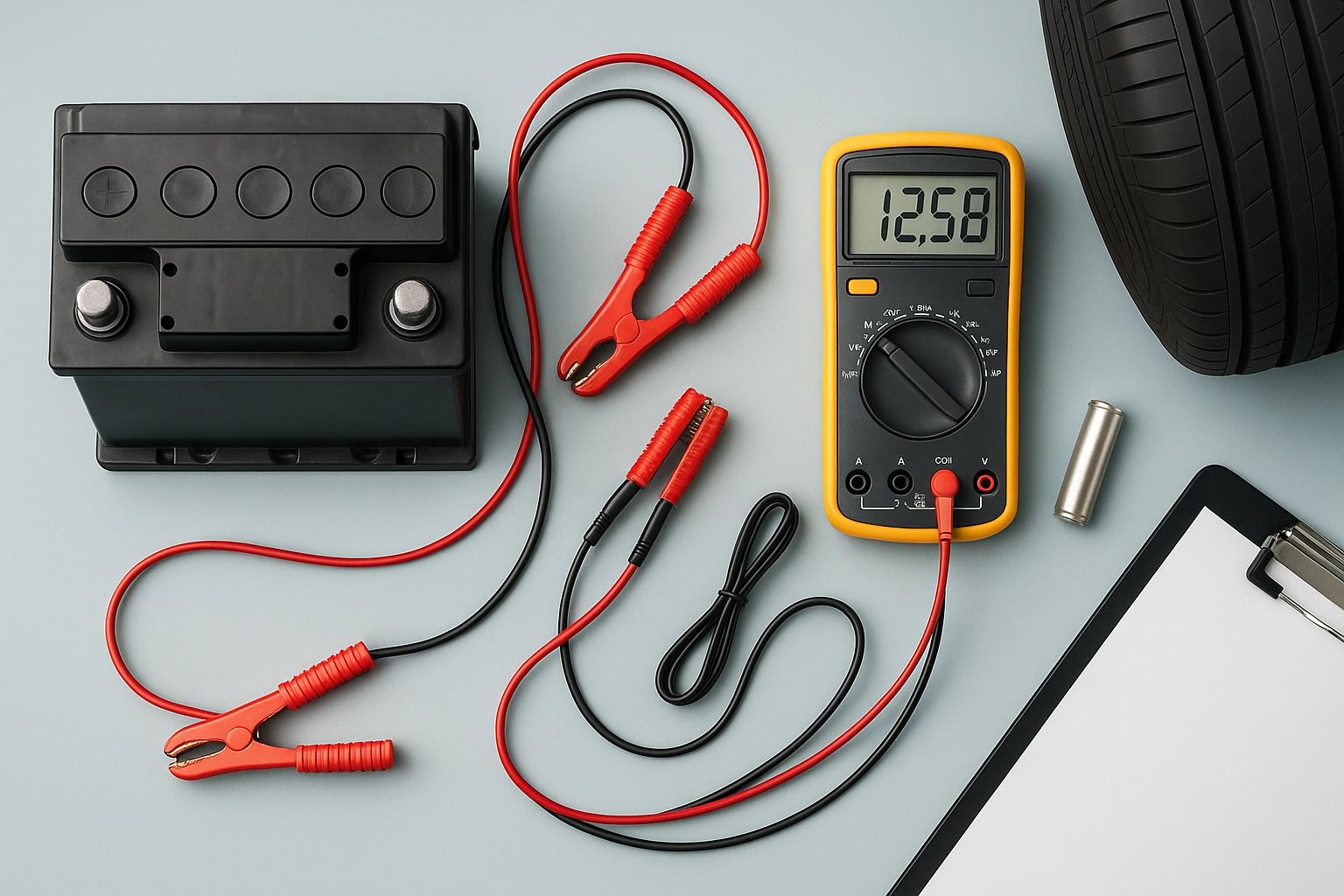JIS D5301 Automotive Lead Acid Battery Testing
The JIS D5301 standard is a critical guideline for automotive lead acid batteries, ensuring they meet the stringent performance and safety requirements set by Japanese industry. This standard ensures that all types of automotive lead acid batteries comply with rigorous testing protocols to ensure their reliability under various operating conditions.
Automotive lead acid batteries are essential components in modern vehicles, providing a reliable source of power for starting engines and supporting electrical systems during extended periods without external charging. Ensuring these batteries meet the JIS D5301 standards is crucial for manufacturers to maintain high-quality products that can withstand harsh environmental conditions, long-term use, and rigorous performance demands.
The testing procedure outlined in JIS D5301 involves several key stages designed to evaluate various aspects of battery performance. These tests include but are not limited to: discharge capacity under specific load conditions, cold cranking ability, high-temperature endurance, and charge retention efficiency. Each test is critical for understanding the battery's real-world behavior.
Discharge capacity testing evaluates how much energy a lead acid battery can deliver during its life cycle while maintaining safe operating parameters. Cold cranking tests assess the battery’s ability to start an engine at sub-zero temperatures, often down to -18°C or lower. High-temperature endurance ensures that batteries perform optimally even in extreme heat conditions, which is particularly important for vehicles operating in tropical climates.
The charge retention efficiency test evaluates how well a lead acid battery can hold its charge over time, which is vital for ensuring the longevity and reliability of the battery. These tests are conducted using sophisticated equipment that simulates real-world usage scenarios to provide accurate and reliable results.
Compliance with JIS D5301 standards ensures that automotive batteries meet the necessary requirements for safety, performance, and reliability. This standard is especially important in regions like Japan where environmental regulations and consumer expectations are high. Meeting these standards can also open doors to international markets, enhancing a manufacturer’s reputation and market competitiveness.
Our laboratory offers comprehensive JIS D5301 testing services tailored to meet the unique needs of automotive manufacturers. We use state-of-the-art equipment and follow strict protocols to ensure accurate and reliable results. Our team of experts is dedicated to providing clients with detailed reports that highlight performance metrics, areas for improvement, and recommendations for product optimization.
By ensuring compliance with JIS D5301 standards, automotive manufacturers can enhance their brand reputation and customer satisfaction by delivering high-quality products that meet the highest industry benchmarks. Our testing services not only help in meeting regulatory requirements but also contribute to continuous improvement and innovation within the automotive sector.
Why It Matters
The JIS D5301 standard is essential for ensuring that automotive lead acid batteries are reliable, safe, and perform optimally under various conditions. Compliance with this standard is not just a regulatory requirement but also a commitment to delivering high-quality products that meet the expectations of consumers and industry standards.
Reliability is paramount in automotive components, as failures can have severe consequences. By adhering to JIS D5301 testing protocols, manufacturers ensure that their batteries are robust enough to withstand harsh environmental conditions, ensuring safe operation at all times. This reliability translates into enhanced customer satisfaction and trust.
Safety is another critical aspect of automotive lead acid battery performance. The standard ensures that batteries meet stringent safety criteria, reducing the risk of accidents caused by equipment failures or malfunctions. By adhering to these standards, manufacturers contribute to overall road safety, which is a significant concern in the automotive industry.
Performance under various conditions is evaluated through rigorous testing protocols. This includes discharge capacity, cold cranking ability, high-temperature endurance, and charge retention efficiency. These tests help manufacturers understand how their batteries will behave in real-world scenarios, allowing for continuous improvement and optimization of product design.
Meeting JIS D5301 standards can also open doors to international markets, particularly in regions with strict regulatory requirements. This standard is recognized globally for its rigor and accuracy, making it a sought-after certification for automotive manufacturers aiming to expand their market reach.
Applied Standards
| Standard Code | Description |
|---|---|
| JIS D5301 | Japanese Industrial Standard for Automotive Lead Acid Batteries |
Why Choose This Test
- Promotes compliance with international standards.
- Ensures product reliability and safety.
- Facilitates market access in Japan and other regions.
- Supports continuous improvement of battery performance.
- Enhances brand reputation through quality assurance.





